ABSD will be payable even if there is no identifiable beneficial owner at the time the residential property is transferred into a trust, MOF said in a media release late on Sunday.
An identifiable beneficial owner of a trust residential property refers to a person identified in the trust deed or document as a beneficiary of the residential property and who, because of the trust, has beneficial ownership of the residential property that is not, under the terms of the trust, revocable, variable, or subject to any condition subsequent.
Where the living trust is structured such that there is no identifiable beneficial owner at the time when the residential property is transferred into the trust, ABSD currently does not apply. ABSD may also be payable, depending on the profile of the beneficial owners of the residential property transferred into the trust.
The Ministry of Finance while conducting its periodic policy review, will now introduce ABSD (Trust) at 35%, to address and close this gap. With this change, ABSD will be payable even if there is no identifiable beneficial owner at the time the residential property is transferred into a trust.
ABSD aims to promote a stable and sustainable residential property market, and as such, it should apply to transfers of residential properties into all living trusts, irrespective of whether there are identifiable beneficial owners of the residential properties transferred into such trusts. ABSD (Trust) is to be payable upfront, when the residential property is transferred into any living trust.
As a concession, a trustee may apply to IRAS for a refund of ABSD (Trust), provided that the following conditions are met:
a) All beneficial owners of the residential property are identifiable individuals;
b) Beneficial ownership of the residential property has vested in all of these beneficial owners at the time of property transfer into the trust; and
c) The beneficial ownership cannot be varied or revoked, or be subject to any condition subsequent, under the terms of the trust.
The refund amount will be based on the difference between the ABSD (Trust) rate of 35% and the ABSD rate corresponding to the profile of the beneficial owner with the highest applicable ABSD rate. The application for the refund must be made to IRAS within six months after the instrument is executed. For more information, please visit www.iras.gov.sg.
Real estate professional Kiwi Lim from Huttons Asia believe the coincidental timing of this piece of news may be the government's reaction to the huge success at the preview of Piccadilly Grand this weekend where an estimated 77% of the total number of units were sold in one weekend.
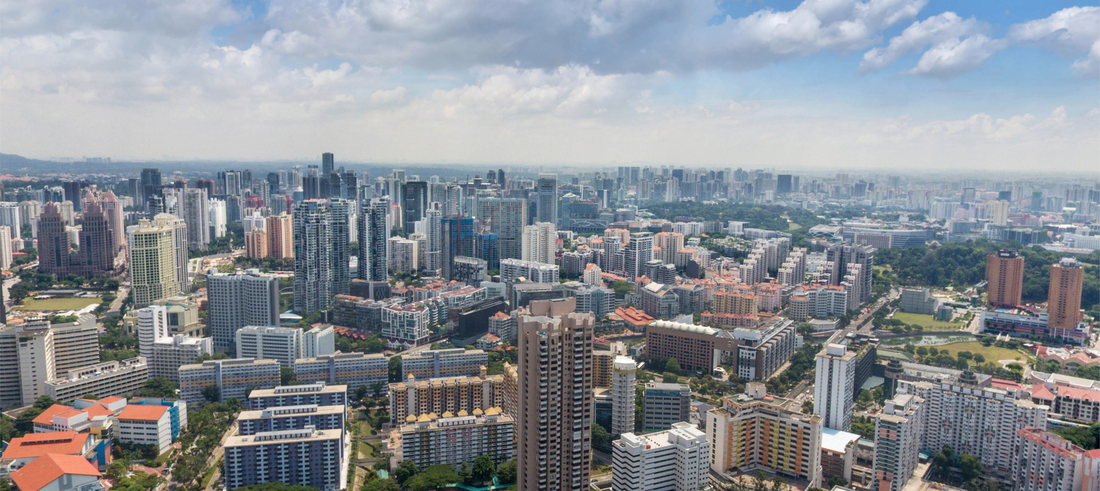
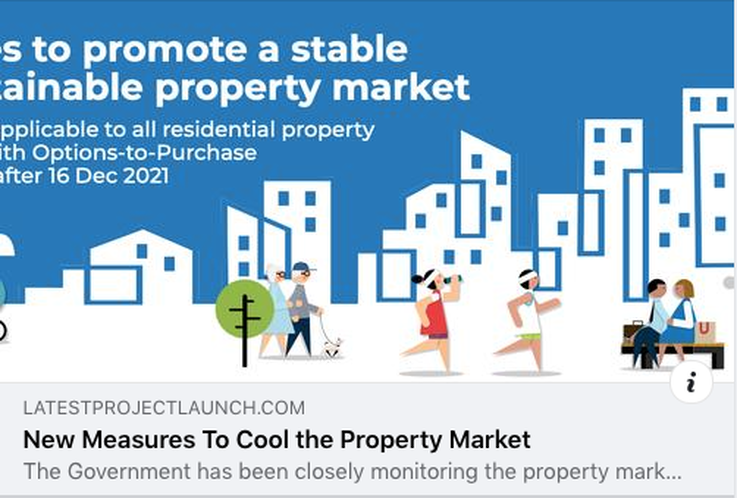
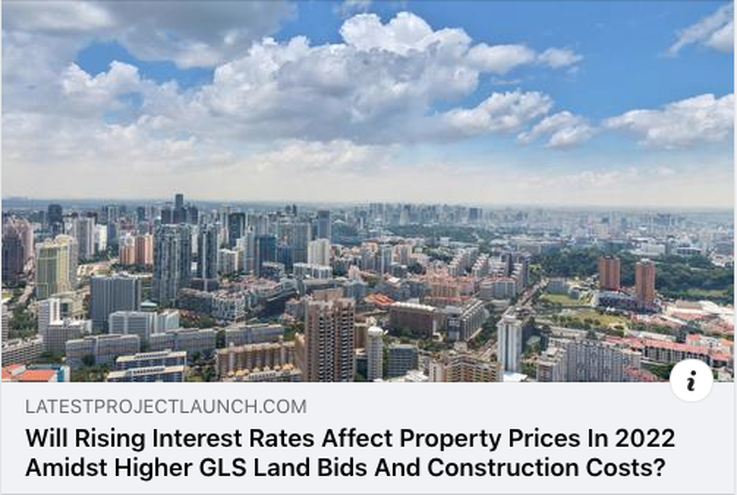

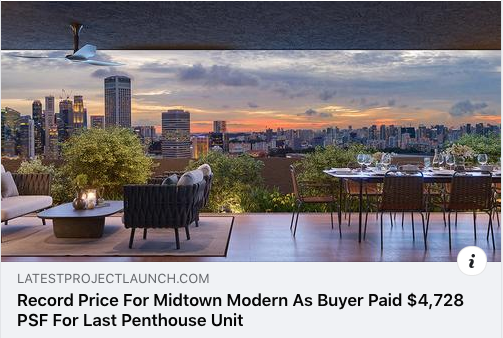
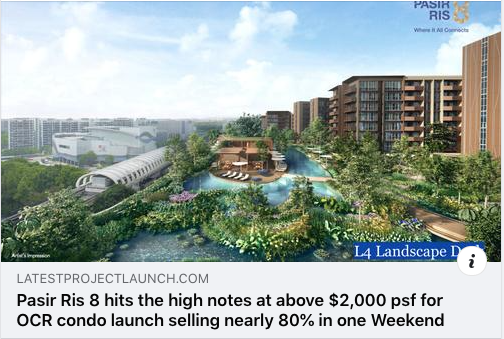



 RSS Feed
RSS Feed
